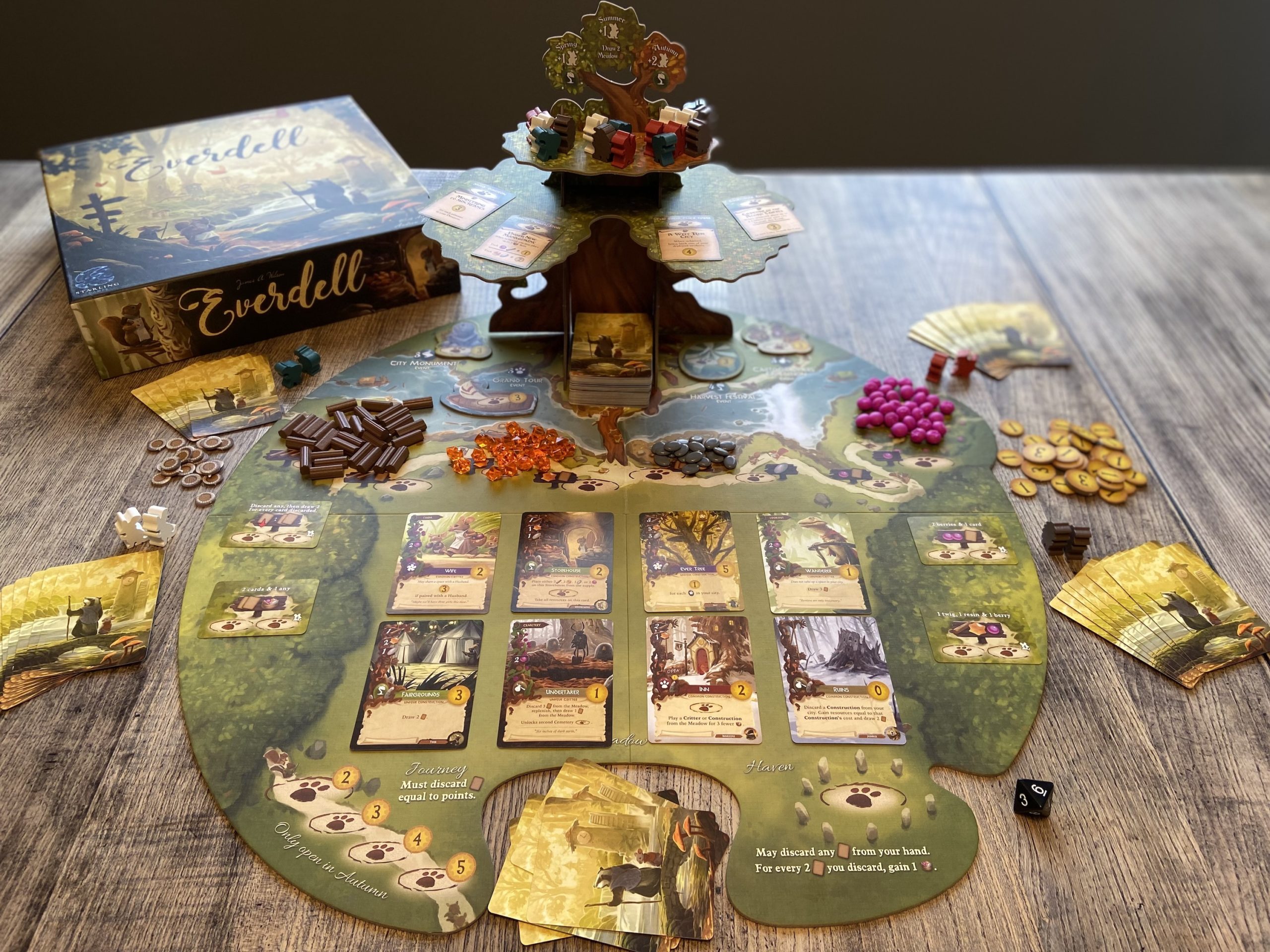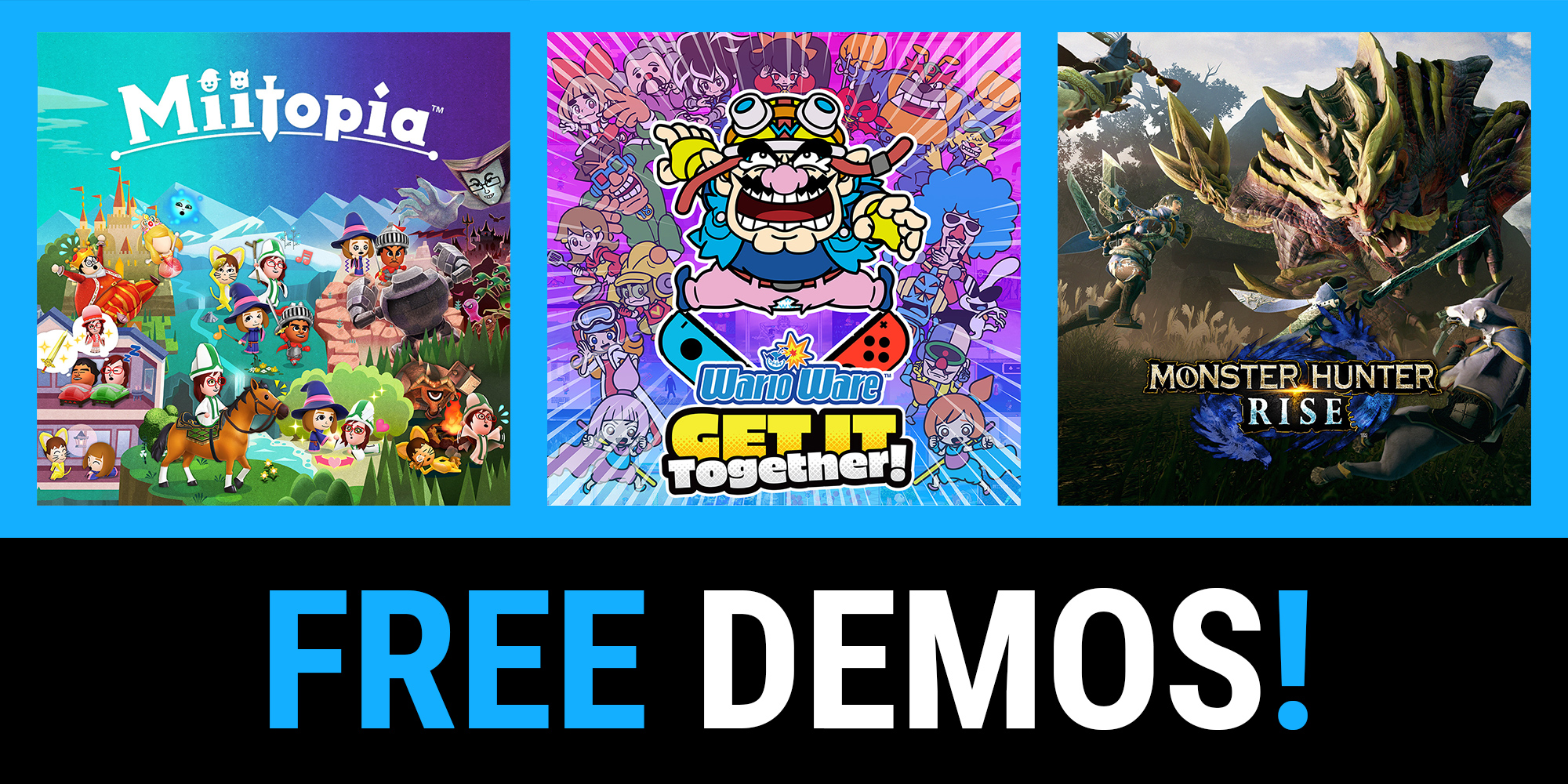Topic Categories game: Discover the exciting world of "Categories Game", a blend of creativity and knowledge that promises endless entertainment and learning opportunities for all ages.
Table of Content
- Understanding the Basics of Categories Game
- Variety of Categories: Ideas for Different Groups
- Benefits and Skills Developed Through Categories Game
- YOUTUBE: Sidemen\'s 30 Second Categories Challenge
- Playing Categories in Different Settings: Educational and Social Contexts
- Strategies and Tips for Winning at Categories Games
- Types of Category Games: From Scattergories to Video Game Genres
- Adapting Categories Game for Different Age Groups
- Incorporating Technology: Online and Mobile Category Games
- Board Games and Role-Playing: Extending Categories Beyond Words
- Creative Ways to Enhance Categories Game: Customization and Variation
Understanding the Basics of Categories Game
The Categories Game is a versatile and engaging word game that can be enjoyed in various settings, from casual gatherings to educational environments. It challenges players to think of words that fit specific categories, providing both fun and cognitive benefits.
How to Play
- Choosing Categories: The game begins by selecting a range of categories. These can range from simple concepts like animals and foods to more complex ones like historical figures or scientific terms.
- Picking a Letter: Once the categories are set, a letter from the alphabet is chosen, either at random or by consensus. This letter becomes the starting point for each word in the chosen categories.
- Timed Responses: Players have a set amount of time to think of words that fit each category and start with the chosen letter. Speed and creativity are key here.
- Scoring: After the time is up, players compare their lists. Unique answers score higher points, encouraging original thinking.
- Repeating Rounds: The game continues for several rounds, with new letters and categories to keep the challenge fresh.
Benefits of Playing
- Creativity: The game stimulates creative thinking as players brainstorm unique words that match each category.
- Teamwork: In group settings, it promotes collaboration and communication among players.
- Vocabulary Expansion: Especially beneficial in educational settings, it aids in vocabulary building and language skills.
- Mental Agility: Quick thinking and memory recall are enhanced as players race against time.
- Fun and Engagement: The competitive and light-hearted nature of the game makes it an enjoyable activity for all ages.
Variations of the Game
There are several variations and similar games, such as Scattergories, which uses a list of categories and a letter for players to come up with corresponding words. Other variations include 20 Questions, Taboo, Pictionary, Charades, and Boggle, each offering a unique twist on the concept of categories and word play.
In conclusion, the Categories Game is more than just an entertaining activity; it"s a tool for learning, team building, and improving cognitive skills in a fun and interactive way.

READ MORE:
Variety of Categories: Ideas for Different Groups
The Categories Game offers a wide array of category ideas suitable for various groups and settings, enhancing the fun and challenge of the game. Below are some category suggestions tailored to different interests and age groups.
Classic and Diverse Categories
- Names, places, and animals (e.g., girl’s name, countries, pets).
- Everyday items (e.g., things in an office, kitchen utensils).
- Creative and abstract concepts (e.g., things that make you laugh, fears).
- Specific interests (e.g., types of music, movie titles, sports teams).
Categories for Educational Purposes
- Academic subjects (e.g., college majors, elements on the periodic table).
- Language and literature (e.g., famous authors, book genres).
- Geographical knowledge (e.g., world capitals, countries in Europe).
- Science and nature (e.g., space-related terms, animals that fly).
Fun and Engaging Categories for Kids
- Simple and relatable topics (e.g., colors, shapes, toys).
- Animals and nature (e.g., birds, insects, things in a garden).
- Everyday life (e.g., foods, vehicles, things in a house).
- Imagination and creativity (e.g., Disney characters, mythical creatures).
Specialized Categories for Specific Interests
- Cinematic themes (e.g., Oscar-winning films, animated movies).
- Music enthusiasts (e.g., Grammy award-winning artists, songs from the "80s).
- Literature aficionados (e.g., Pulitzer Prize winners, science fiction books).
- Outdoor and adventure (e.g., camping equipment, national parks).
These diverse category ideas can be tailored to suit any group, ensuring that each game of Categories is unique, educational, and immensely enjoyable. Whether playing with family, friends, or in a classroom setting, these categories provide a platform for learning, creativity, and fun interaction.
Benefits and Skills Developed Through Categories Game
The Categories Game is not only entertaining but also instrumental in developing a variety of skills and offering numerous benefits. This game is adaptable to different settings, making it ideal for parties, classrooms, or team-building activities.
Key Benefits
- Enhances Vocabulary: Particularly beneficial in educational settings, the game prompts players to think of different words, aiding in vocabulary expansion and language learning.
- Promotes Quick Thinking: Players are encouraged to think rapidly to come up with words, enhancing cognitive agility and improving reaction times.
- Boosts Creativity: Coming up with unique words for each category fosters creativity, encouraging players to think outside the box.
- Improves Communication Skills: The collaborative nature of the game requires effective communication, especially in team play, enhancing interpersonal skills.
- Encourages Teamwork: Often played in groups, the game is excellent for building teamwork and cooperation, especially in classroom or corporate team-building settings.
- Positive Learning Environment: The game"s fun aspect makes learning enjoyable, especially for students, thus creating a positive and engaging educational environment.
- Memory Enhancement: Remembering various words and categories exercises memory, contributing to improved cognitive functions.
Building Relationships and Morale
By playing the Categories Game, players can learn about each other"s interests and experiences. This aspect of the game is particularly useful in building stronger relationships and understanding among participants, whether they are students, colleagues, or friends. Additionally, the game"s lighthearted nature can boost morale and create a positive atmosphere.
Conclusion
Overall, the Categories Game is an excellent activity for various groups, offering educational benefits while also being a source of fun and social interaction. It serves as a tool for learning, enhances various skills, and strengthens group dynamics.

Sidemen\'s 30 Second Categories Challenge
\"Looking for some fresh content? Explore an array of exciting categories in our video collection that cater to every interest and passion. From travel and food to sports and fashion, there\'s something for everyone here. Dive in now and discover your new favorite category!\"
Sidemen\'s 30 Second Categories Challenge
\"Looking for some fresh content? Explore an array of exciting categories in our video collection that cater to every interest and passion. From travel and food to sports and fashion, there\'s something for everyone here. Dive in now and discover your new favorite category!\"
Playing Categories in Different Settings: Educational and Social Contexts
The Categories Game is highly adaptable, making it a perfect fit for diverse settings, ranging from educational environments to social gatherings. Its flexibility and ease of play contribute to its widespread popularity.
Educational Settings
- In Classrooms: Teachers can use the Categories Game to reinforce vocabulary and language skills. By choosing academic-related categories, such as types of fruit or elements on the periodic table, students can expand their knowledge in a fun, engaging way.
- Language Learning: For English language learners, this game is especially beneficial. It encourages students to think of words in English, aiding in vocabulary acquisition and language practice.
- Team-Based Learning: The game can be played in teams, which fosters a sense of camaraderie and teamwork among students while they collectively think of words related to the chosen categories.
Social Gatherings
- Parties and Family Gatherings: Categories Game serves as a great icebreaker or party game. It"s simple enough for all ages to play, allowing friends and family members to bond over shared knowledge and creative thinking.
- Team-Building Sessions: In corporate settings, the game can be used for team-building exercises. It encourages communication, collaboration, and quick thinking, which are essential skills in a professional environment.
Gameplay Adaptability
The game"s rules are simple and flexible, allowing for various adaptations. Players can choose from a wide range of categories, and there"s no need for special materials, making it easy to play in any setting. The focus on teamwork, communication, and creativity makes the Categories Game a universally appealing activity that can be tailored to the interests and needs of any group.
In conclusion, the Categories Game is not just a source of entertainment but also a versatile tool for learning and social interaction, suitable for various settings and age groups.
Strategies and Tips for Winning at Categories Games
Winning at Categories, also known as Scattergories, is about quick thinking, creativity, and strategic planning. Here are some key strategies to help you excel:
- Be Prepared with Diverse Knowledge: Broaden your knowledge base across various categories. This helps in quickly recalling relevant words.
- Think Fast: The game rewards quick responses. Practice thinking on your feet to come up with items for each category swiftly.
- Choose Unique Answers: Try to think of unique answers that others might not guess, as common answers might cancel out.
- Pay Attention to Letter Use: Use the starting letter creatively. For example, if the letter is "D" and the category is "animal", you might think of "Duck".
- Write Down Anything: Even if you"re unsure, write down the first thing that comes to mind. No answer means no points.
- Use Alliteration: Answers with multiple words starting with the same letter score more points (e.g., "Honey Ham" in the food category).
- Avoid Overthinking: Don"t spend too much time on one category. If stuck, move to the next and return later if time permits.
- Be Ready to Defend Your Answers: Sometimes, unique answers might be questioned, so be prepared to explain your logic.
Remember, while winning is fun, the primary goal of Categories is to enjoy the challenge and have a great time with friends or family.

Types of Category Games: From Scattergories to Video Game Genres
Category games encompass a wide range of games, from traditional board games like Scattergories to diverse video game genres. Each type offers unique challenges and gameplay experiences.
Traditional Category Games
- Scattergories: Players brainstorm words that fit into a given category.
- 20 Questions: A classic guessing game where players deduce an object within 20 questions.
Video Game Genres
Video games offer a rich diversity of genres, each with subcategories providing distinct experiences:
- Action Games: These games focus on physical challenges and can include subgenres like platform games and fighting games.
- Role-Playing Games (RPGs): These games often feature narrative-driven gameplay with character development. Subgenres include Action RPGs, MMORPGs, and Tactical RPGs.
- Strategy Games: These require careful planning and strategic thinking. Popular subgenres include Real-time Strategy (RTS) and Turn-based Strategy.
- Simulation Games: Aimed at simulating real-life activities, this genre includes subgenres like Construction and Management, Life Simulation, and Vehicle Simulation.
- Puzzle Games: These games test logic and problem-solving skills, including subgenres like Match 3 and Physics puzzles.
Understanding the various types of category games, from board games to complex video game genres, can enhance your gaming experience and broaden your understanding of different gameplay styles and strategies.
Adapting Categories Game for Different Age Groups
Adapting the Categories game for different age groups involves considering each group"s specific developmental and language abilities. Here are some tailored strategies for various age groups:
Preschool Children
- Focus on simple sounds and objects: Encourage children to find objects or pictures that start with a particular sound or letter.
- Introduce movement: Allow children to gather objects that start with the chosen letter to add physical activity to the game.
- Use visual aids: Incorporate colorful images and interactive activities to maintain attention.
Primary School Children
- Enhance language skills: Shift the focus to finding words that start with the chosen letter, with emphasis on spelling and pronunciation.
- Incorporate creativity: Encourage drawing or acting out items belonging to different categories.
- Introduce teamwork: Promote collaboration through team-based category selection and answer finding.
High School Students
- Introduce complexity: Add challenging elements like taboo words or time constraints to make the game more intellectually stimulating.
- Encourage critical thinking: Include categories that require analysis or connection to current events and real-world scenarios.
- Facilitate discussions: Allow space for debate and opinion sharing on category choices and answers.
Adults and Mixed Age Groups
- Customize the game: Adapt the game to suit different language competencies and cultural backgrounds.
- Encourage intergenerational play: Include all family members by adjusting the game"s pace and complexity according to the slowest player.
- Use technology: Consider playing the game online or using digital tools for category generation and answer recording.
By tailoring the Categories game to suit different age groups, you can ensure an inclusive, educational, and enjoyable experience for all players.
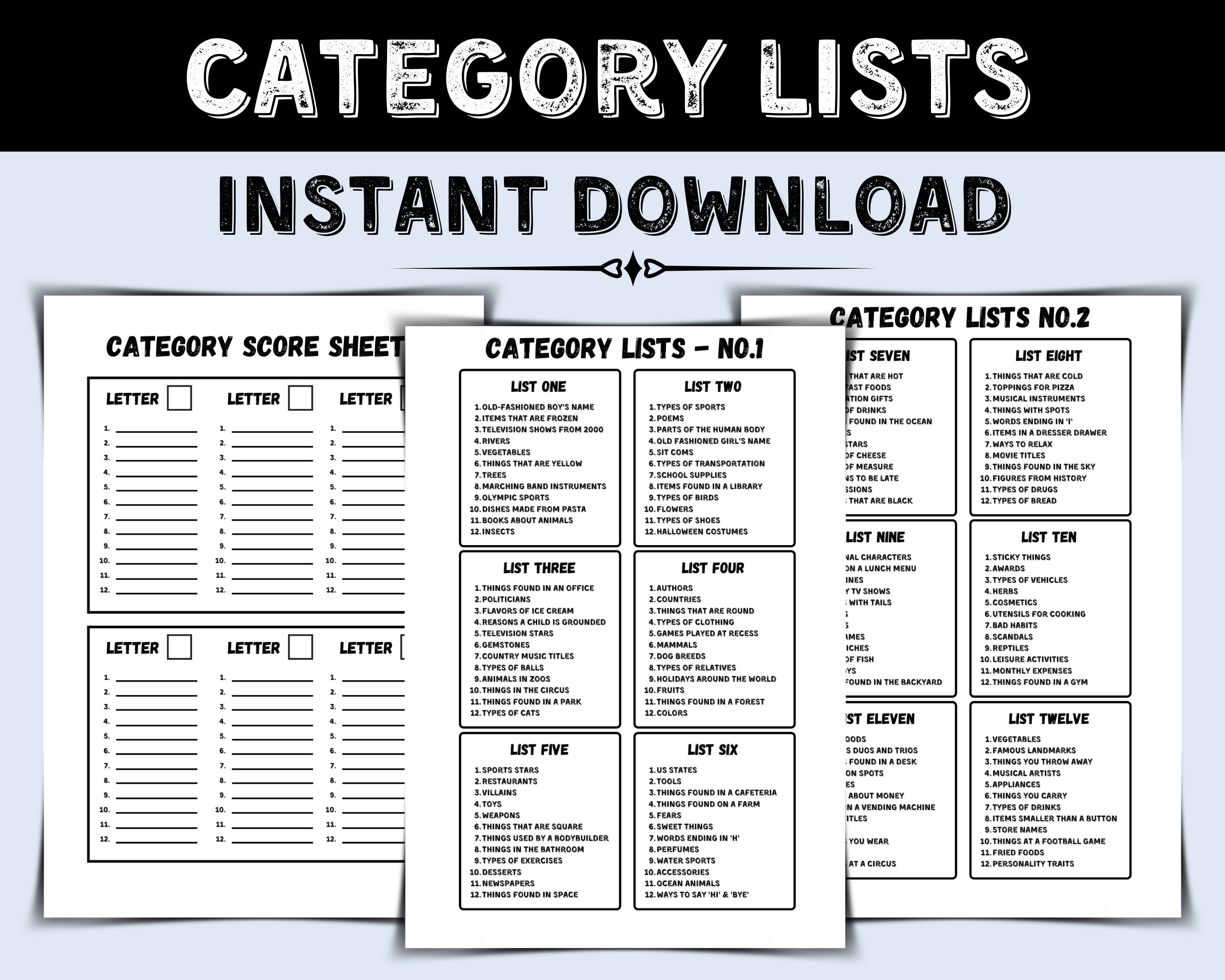
Incorporating Technology: Online and Mobile Category Games
With the advancement of technology, category games have found a new platform in online and mobile apps. These digital versions offer unique benefits and features that enhance the traditional gameplay experience. Here"s how technology is being incorporated:
- Online Multiplayer Platforms: Websites and online platforms allow players from different locations to play category games together in real-time, fostering social connections across distances.
- Mobile Apps: Mobile applications bring the convenience of playing category games on-the-go. These apps often include features like random category generators, timers, and scorekeeping.
- Interactive Elements: Digital games can include interactive elements like touch controls, drag-and-drop answers, and multimedia content to engage players more dynamically.
- Customization Options: Players can customize their game experience with different themes, difficulty levels, and unique categories, making each game session distinct and personalized.
- Learning and Educational Features: Educational apps leverage category games for learning purposes, helping players to improve vocabulary, general knowledge, and language skills in a fun way.
- Social Features: Integration with social media platforms allows players to invite friends, share scores, and even compete in online leaderboards.
- Accessibility Features: Technology allows for accessibility options like voice narration, large text, and high-contrast visuals, making games more inclusive for all players.
These technological advancements have not only made category games more accessible and varied but have also added a new dimension of interactivity and convenience, appealing to a wider audience of all ages.
Board Games and Role-Playing: Extending Categories Beyond Words
Categories games have evolved to include board games and role-playing elements, offering diverse and immersive experiences. This evolution expands the traditional word-centric gameplay into more dynamic and interactive formats. Here"s how:
Board Games Incorporating Categories
- Thematic Boards: Board games use thematic boards where categories are integrated into different zones or paths, adding a spatial dimension to the game.
- Game Pieces and Tokens: The use of game pieces or tokens representing different categories adds a tactile element, enhancing player engagement.
- Progression Mechanics: Players advance through categories by completing tasks or answering questions, making the game more dynamic and goal-oriented.
- Strategy and Planning: Board games often require strategic thinking, as players navigate through categories to achieve objectives or accumulate points.
Role-Playing Elements in Category Games
- Character Roles: Players assume specific characters or roles, which can influence the categories or responses they provide, adding depth to the gameplay.
- Narrative Contexts: Categories are woven into narratives or stories, where players’ responses influence the direction or outcome of the story.
- Interactive Challenges: Role-playing category games may include challenges or tasks that players must complete, integrating action with word-based gameplay.
- Collaborative Storytelling: Players collectively contribute to a narrative, with each category response helping to build a shared story.
By extending into board games and role-playing, category games become more than just word-based challenges. They transform into comprehensive experiences that combine strategy, creativity, and storytelling, appealing to a wider range of players and interests.

READ MORE:
Creative Ways to Enhance Categories Game: Customization and Variation
Enhancing the traditional Categories game with creative customizations and variations can significantly increase its entertainment value and adaptability. These modifications allow for a more engaging and personalized game experience. Here are some innovative ideas:
Customizable Category Lists
- Themed Categories: Create theme-based category lists such as movies, historical figures, or science terms to cater to the interests of the group.
- Player-Created Categories: Allow each player to contribute a category of their choice, adding a personal touch to the game.
- Educational Focus: For a more educational approach, include categories that encourage learning, like "Countries of the World" or "Mathematical Terms".
Variations in Gameplay
- Time Challenges: Introduce a timer to create a sense of urgency and quick thinking, making the game more dynamic.
- Reverse Categories: Flip the game by providing the answer and having players guess the category it belongs to.
- Storytelling Twist: Players must create a short story or narrative that includes their category words, enhancing creativity.
Interactive Components
- Use of Technology: Incorporate apps or online tools for generating random categories or keeping score.
- Physical Activities: Combine category responses with physical actions like miming or drawing, making the game more engaging and fun.
- Multi-sensory Experience: Involve other senses by including categories related to sounds, tastes, or textures.
These creative enhancements to the Categories game not only add a fresh twist to the classic format but also cater to different interests and age groups, making it a versatile and endlessly entertaining game for any gathering.
Discover the endless possibilities of the Categories game! From traditional word challenges to exciting digital adaptations, board game integrations, and creative customizations, this guide offers something for everyone, promising hours of engaging and educational fun.

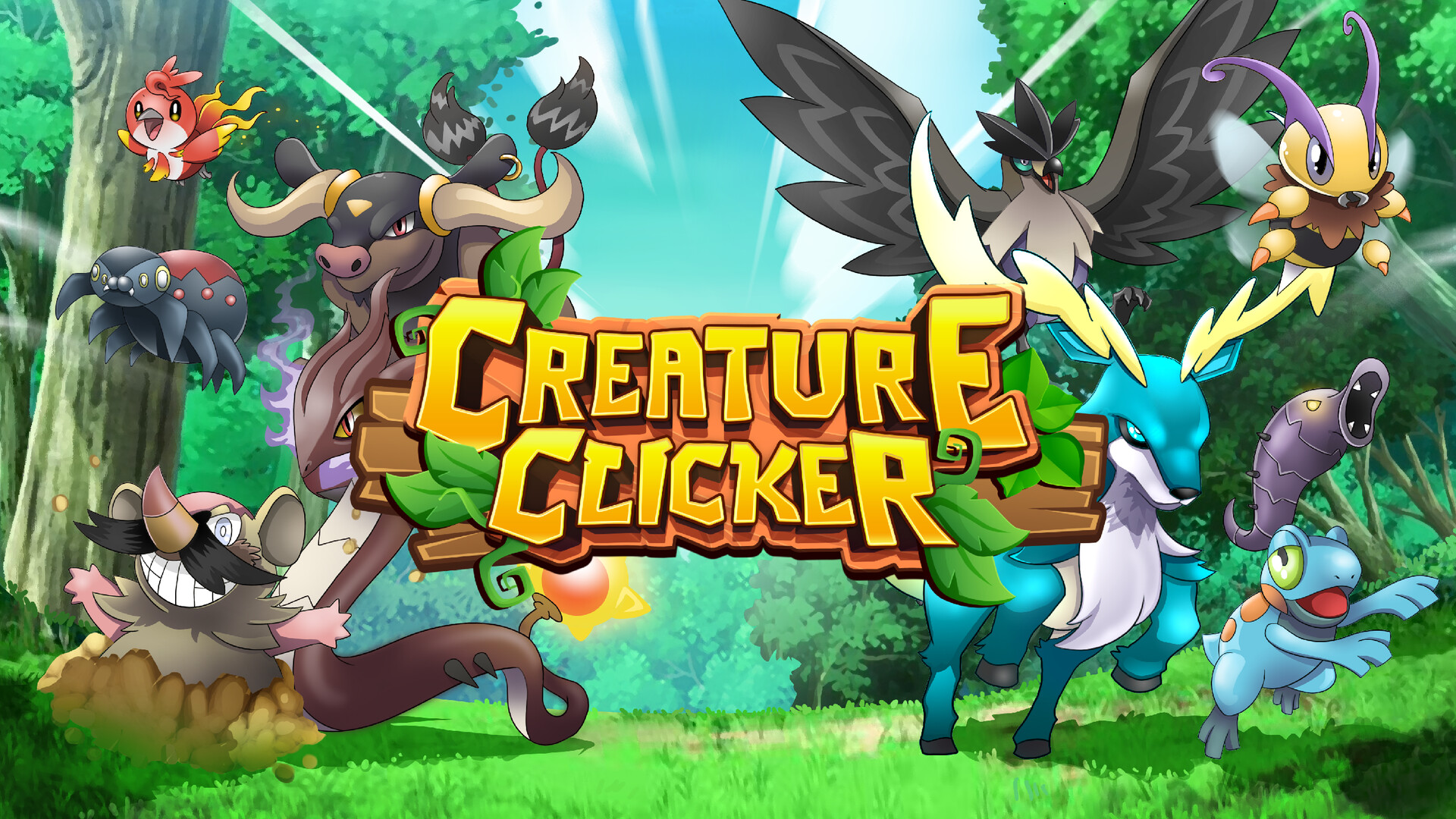
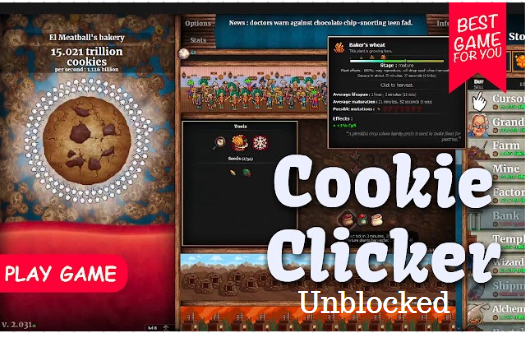


/cdn.vox-cdn.com/uploads/chorus_image/image/55751157/got7.1sheeran.0.jpg)
